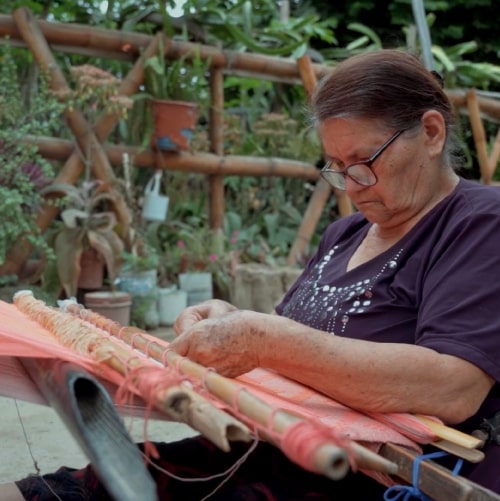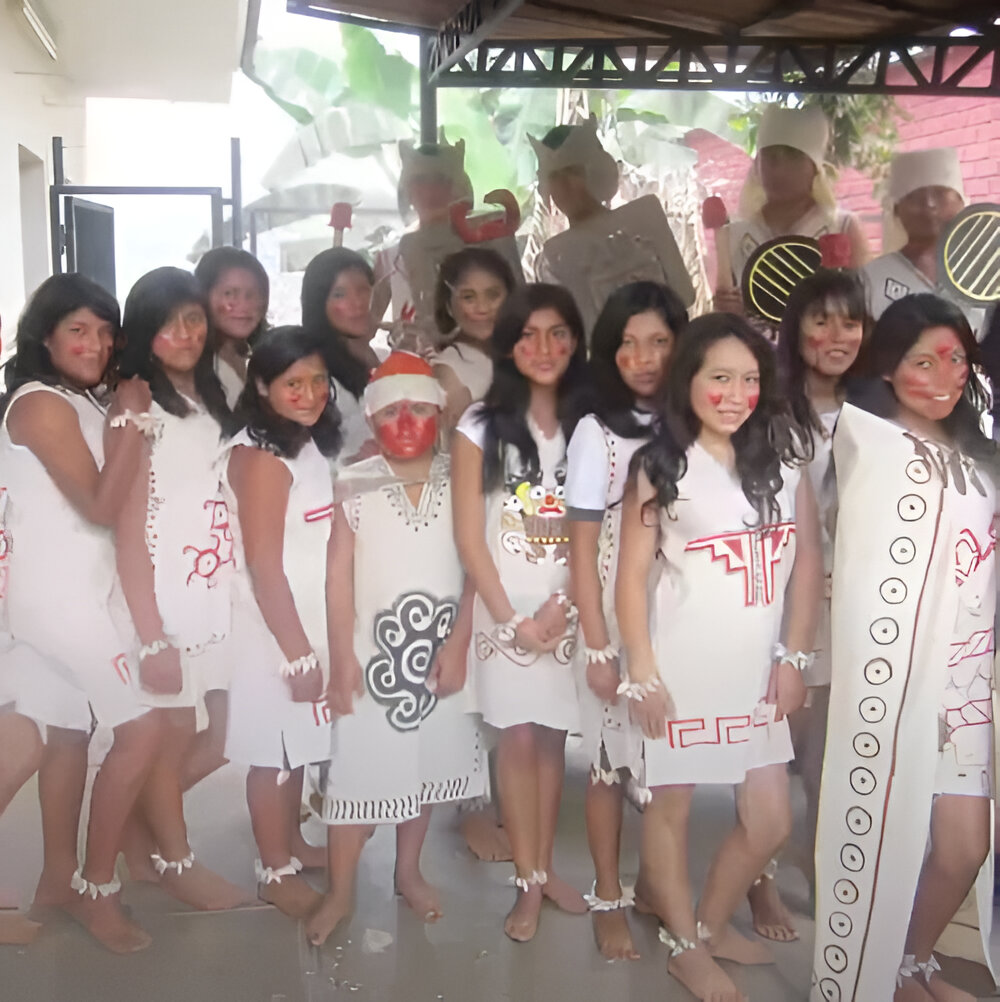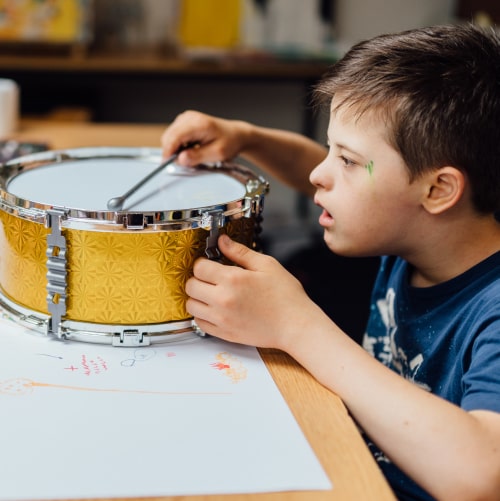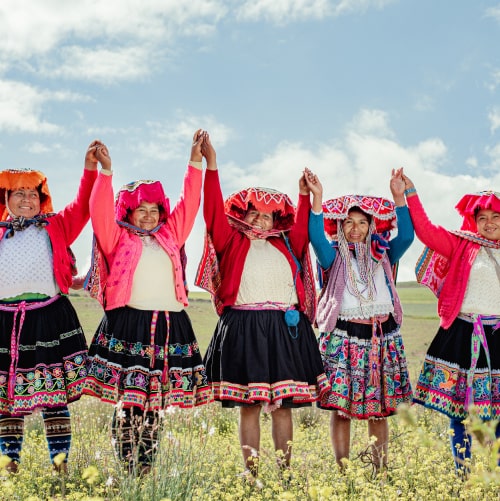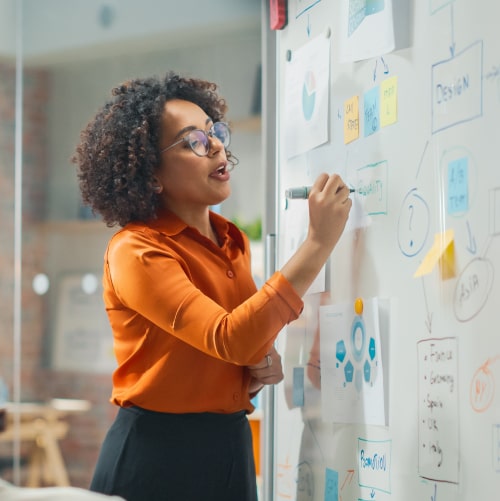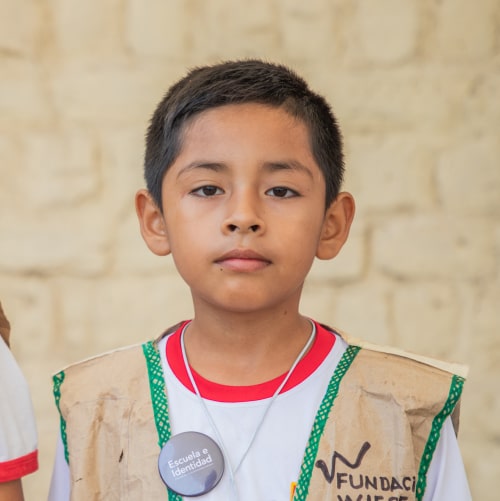One of the principal projects of the Educational Quality Program of the Wiese Foundation has come to an end, with positive results. After 5 years of hard work,
After 5 years of hard work, the project “Better School Atmosphere, Better Learning”, under the Educational Quality Program of the Wiese Foundation, ended Friday, December 17 with an event attended by representatives of the participating schools, specialists, and the Wiese Foundation team.
The objective, during all this time the project lasted, was to convert the schools in the project into spaces of authentic learning and transformation, working primarily with teachers, so that afterward the results would be reflected, in a sustainable manner, in high-quality teaching to their students.
“We will remember each one of these learning spaces with great affection. To know that we have been able to reach thousands of children, and that we will reach many more in the future, through you all, is one of the greatest gifts we have received. I am sure that this Project, which has mutually benefitted us, will transform many of your students into good citizens who will convert the country into a better place for all, into a more equitable and sympathetic Peru, with a finely tuned identity”, said Ingrid Claudet, general manager of the Wiese Foundation, during the program’s closing ceremony.
Furthermore, Claudet stated that the work carried out during all these years, to the benefit of the schools selected for the project in Pachacamac and Lurín, will serve as experience for the advance of another project from the Educational Quality program that is getting ready to begin its activities next year, in Ascope, in the region of La Libertad.
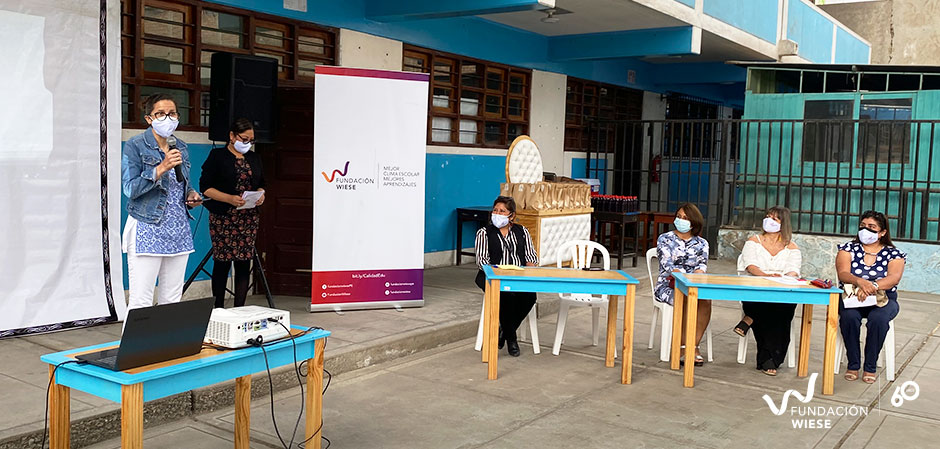
“All of this that we have learned together, we are going to take it to another place, to other schools that you all will also contribute to improving. We take our leave, taking many lessons with us, with the goal of applying them and enriching another region: the province of Ascope, in La Libertad, in the northern part of the country. There, we will incorporate an additional component, associated with identity and the archaeological site that we have managed there for a long time. I am sure that there, just as we have here, we will be able to change many lives”, added Ingrid Claudet.
For her part, Ana María Huánuco, a program mentor from the Wiese Foundation, talked about her experience throughout this time with the teachers involved in the project.
“Mentoring the teachers has been a great experience for us. Forming part of the Project has transformed us and us made us better people, women, teachers, and mothers. Our greatest wish as mentors is that what has been learned will be multiplied for the good of education, and that what has been achieved will be beneficial for our students”, said the experienced mentor from the Wiese Foundation.
Rosa Rondinel, director of Santa María Reyna School, shared heart-felt words about the work that the Wiese Foundation did with the teachers. “We thank the Wiese Foundation for all the support over these years, for that heart filled with love, kindness, empathy that has enabled us to develop as humans. We have put what we have learned into practice with our students, and we have improved their learning. We have felt the results in our classrooms. Every time we received your visits, we left greatly strengthened. No one has treated us the way that you have”, declared Rondinel.
About the project
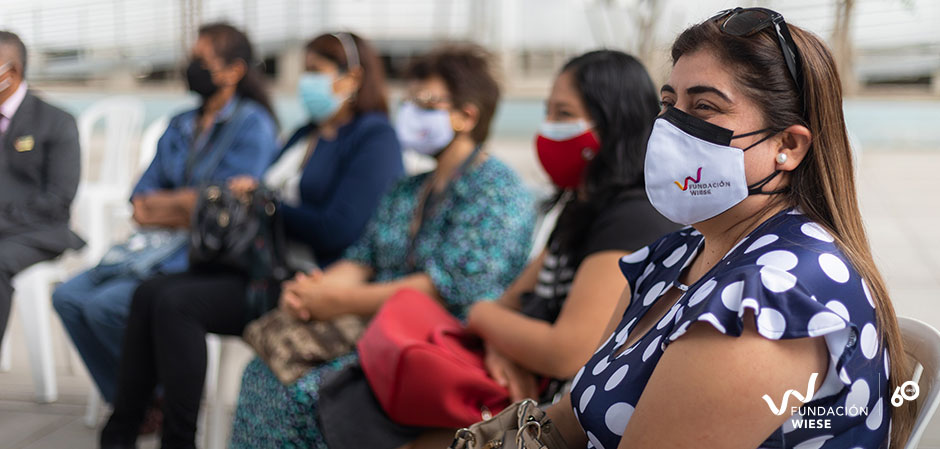
In 2016, the Wiese Foundation implemented the Project “Better School Atmosphere, Better Learning”, as part of its Educational Quality program, seeking to contribute to the improvement of the emotional and cognitive atmosphere to optimize the learning processes in public schools for basic education in the country.
As such, transforming schools, thought of up to that moment as workspaces, into welcoming places where the teachers feel protected, valued, and accompanied was one of the principal challenges that the Wiese Foundation took on.
Line of action
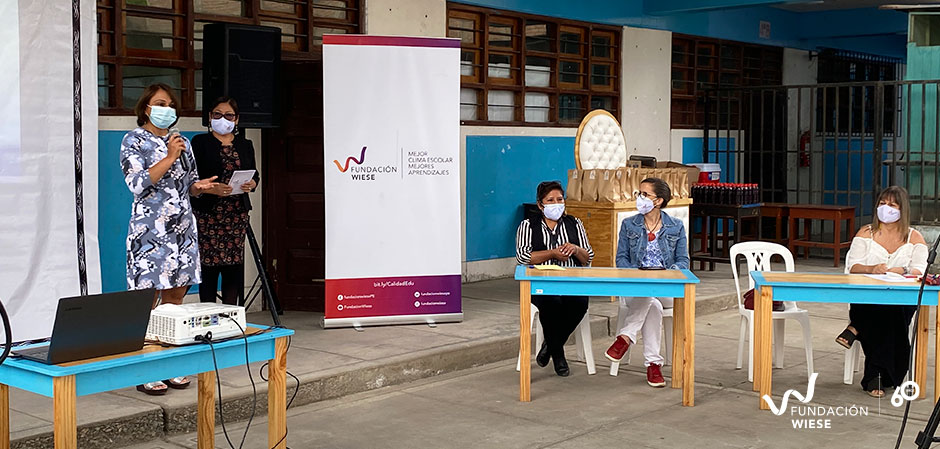
To achieve this, the foundation selected specialists in each of the schools chosen for the project, with the mission of strengthening the teachers’ pedagogical practices, through accompaniment inside the classroom, mini workshops, and activities about discipline; in other words, through the prioritization of contextualized and service-oriented formation.
Furthermore, in-person and digital activities were carried out to strengthen the socioemotional skills of the teachers, so that they will be capable of managing their own feelings, identifying emotions in others, and adopting a positive attitude toward life.
It is important to point out that the program had the support of various well-known specialists to carry out specific training sessions. In this way, the program contributed to pedagogical innovation and closing the gap between schools’ teachers and directors.
Of particular importance were the training sessions, which were specifically designed by two of the best specialists in this field and directed by them for the teachers and directors of the project, with the goal of fortifying their abilities to use ICT, in relation to the challenges imposed by the pandemic and distance learning.
The program has also centered on counselling for parents. With them, we reflected upon the experiences, beliefs, and stereotypes that exist in the parent-child relationship. In this way, the bonds of parental raising were strengthened, as well as their ability to protect based on unconditional love.
5 years of good results
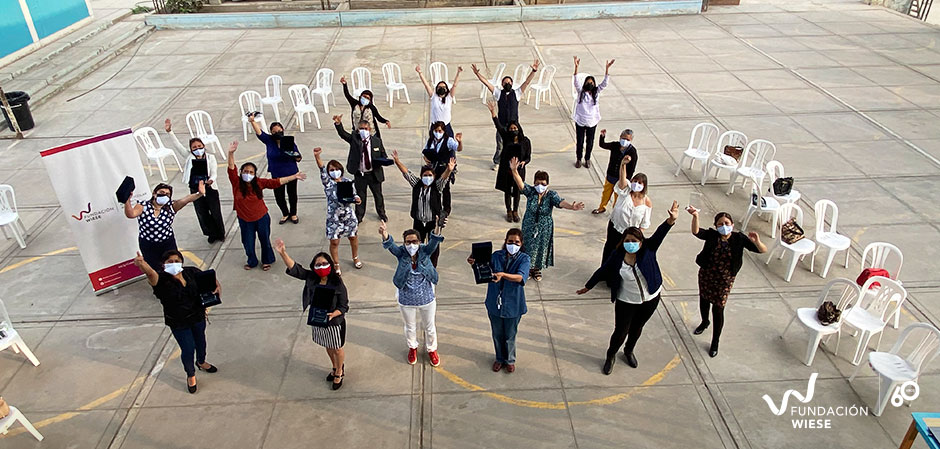
The results, after the monitoring and evaluation of the project, show that an average of 160 teachers, 23 directors, and 14 teachers formed as first-rate pedagogical mentors directly benefited each year from the project activities, and a total of 1,200 parents were also impacted through the parental counselling.
Through all of them, the Wiese Foundation has positively touched the lives of 3,000 students and their families, each year, and will continue doing it in the future. Many thanks to all those who made this possible!



